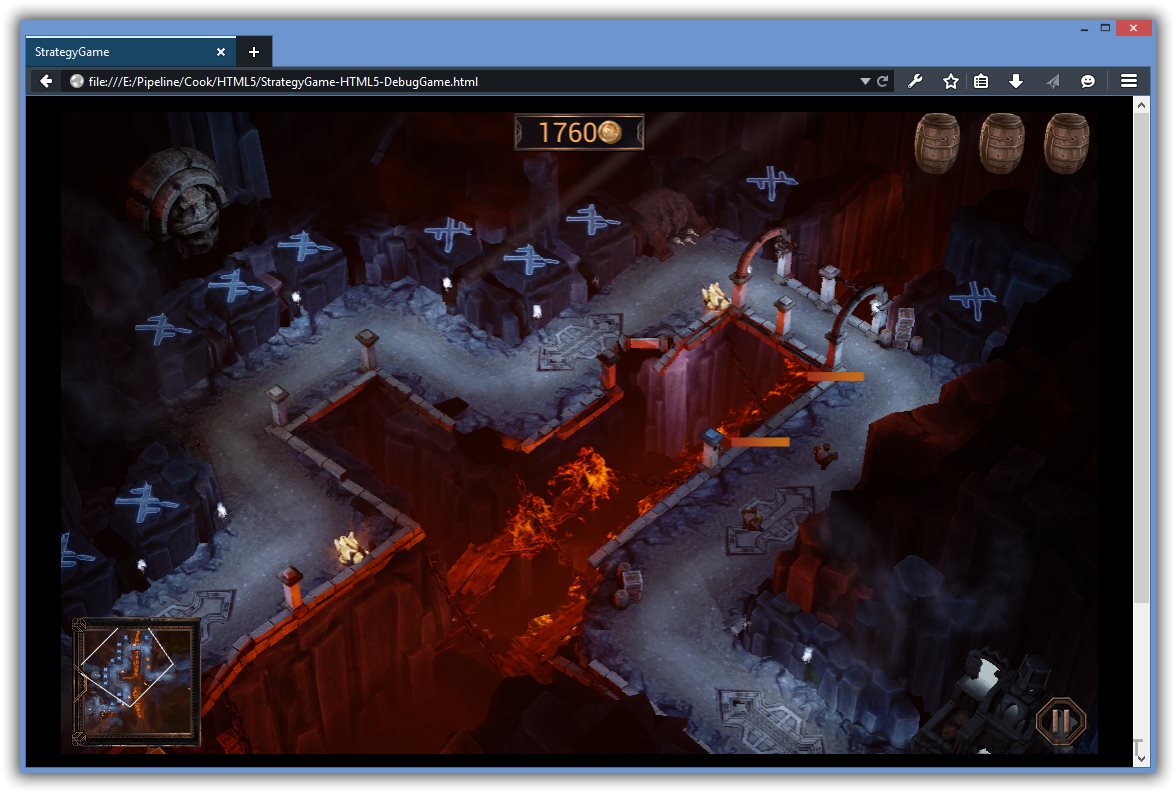As expected Mozilla has now unveiled the Developer Edition of 64-bit Firefox for Windows (v 38). The 64-bit build allows users to get a more richer, desktop-quality app experience in the web-browser, the 64bit version of the browser allows running of larger applications, better performance, and increased security vs it's 32bit sibling.

According to the official announcement by Mozilla, the 64 bit version of the web-browser offers the following benefits over it's 32 bit counterpart:
Run larger applications
A 32-bit browser is limited to 4GB of address space. That address space is further whittled down by fragmentation issues. Meanwhile, web applications are getting bigger and bigger. Browser-based games that deliver performant, native-like gameplay, such as those built with Epic Games’ Unreal Engine, are often much larger than we expect from traditional web applications. These games ship with large assets that must be stored in memory so they can be synchronously loaded.
For some of the largest of these apps, a 64-bit browser means the difference between whether or not a game will run. For example, when porting to asm.js it’s recommended to keep heap size to 512mb in a 32-bit browser. With 64-bit that goes up to 2GB in a 64-bit version of Firefox.
Emscripten helps port C and C++ code to run on the Web and deliver native-like performance. For an in-depth look at how assets are stored and accessed using a variety of methods in asm.js/emscripten built applications, read Alon Zakai’s post on Synchronous Execution and Filesystem Access in Emscripten.
Gain faster execution and increased security
64-bit Firefox just goes faster. We get access to new hardware registers and instructions to speed up JavaScript code.
For asm.js code, the increased address space also lets us use hardware memory protection to safely remove bounds checks from asm.js heap accesses. The gains are pretty dramatic: 8%-17% on the asmjs-apps-*-throughput tests as reported on arewefastyet.com.
The larger 64-bit address space also improves the effectiveness of ASLR (address space layout randomization), making it more difficult for web content to exploit the browser.
Add new comment